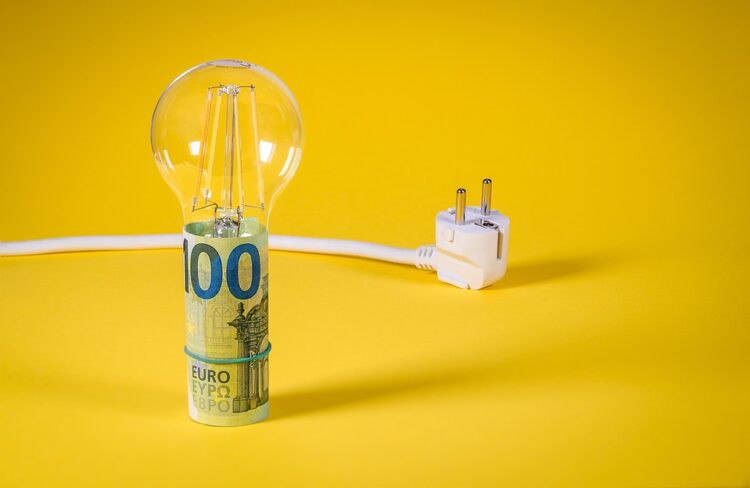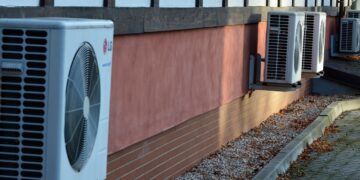Empowering Small Communities: The Future of Energy with Microgrid Solutions
In today’s rapidly evolving world, the demand for clean, reliable, and affordable energy is greater than ever. Small communities face unique challenges when it comes to meeting their energy needs, but microgrid solutions offer a promising way forward. By harnessing the power of decentralized energy systems, small communities can take control of their energy future and build a more sustainable and resilient energy infrastructure. In this article, we will explore the benefits of microgrid solutions for small communities and how they can help pave the way for a more sustainable energy future.
What are Microgrid Solutions?
Microgrid solutions are small-scale, localized energy systems that can operate independently or in conjunction with the larger grid. These systems are designed to provide reliable and affordable energy to small communities, businesses, and institutions. By combining renewable energy sources like solar, wind, and biomass with energy storage technologies, microgrids can help reduce reliance on fossil fuels and increase energy independence.
The Benefits of Microgrid Solutions for Small Communities
1. Energy Resilience
One of the key benefits of microgrid solutions is their ability to enhance energy resilience in small communities. By decentralizing energy production and distribution, microgrids can reduce the risk of widespread power outages caused by natural disasters, cyberattacks, or other disruptions. This can help small communities maintain critical services and infrastructure during times of crisis.
2. Cost Savings
Microgrid solutions can also help small communities save money on their energy bills. By generating and storing their own energy locally, communities can reduce their reliance on expensive grid electricity and avoid peak demand charges. This can lead to significant cost savings over time and help make energy more affordable for residents and businesses.
3. Environmental Benefits
Microgrid solutions are typically powered by renewable energy sources like solar and wind, which produce fewer greenhouse gas emissions than traditional fossil fuels. By transitioning to clean energy sources, small communities can reduce their carbon footprint and contribute to global efforts to combat climate change. This can help create a cleaner and healthier environment for current and future generations.
Common Questions About Microgrid Solutions
1. How do microgrid solutions work?
Microgrid solutions work by integrating multiple energy sources, such as solar panels, wind turbines, and energy storage systems, to provide reliable and resilient power to a small community. These systems are controlled by sophisticated software that manages the flow of energy and optimizes the use of available resources.
2. How much do microgrid solutions cost?
The cost of implementing a microgrid solution can vary depending on the size and complexity of the system. However, advances in technology and falling prices for renewable energy components have made microgrid solutions more affordable than ever. In many cases, the long-term cost savings from reduced energy bills can offset the initial investment in a microgrid system.
3. Are microgrid solutions reliable?
Microgrid solutions are designed to be highly reliable, with built-in redundancy and backup systems to ensure continuous power supply. By diversifying energy sources and incorporating energy storage technologies, microgrids can provide a more stable and resilient energy supply than traditional grid systems.
The Future of Energy is in Microgrid Solutions
As small communities grapple with the challenges of meeting their energy needs in a rapidly changing world, microgrid solutions offer a promising way forward. By empowering communities to take control of their energy future, microgrid solutions can help build a more sustainable, resilient, and affordable energy infrastructure. With the right investments and policies in place, microgrid solutions have the potential to transform the way we produce and consume energy, paving the way for a cleaner and more sustainable future for all.
Overall, embracing microgrid solutions can help small communities unlock the benefits of clean, reliable, and affordable energy, while also contributing to a more sustainable and resilient energy future for all. By harnessing the power of decentralized energy systems, small communities can take control of their energy destiny and build a brighter future for generations to come.












